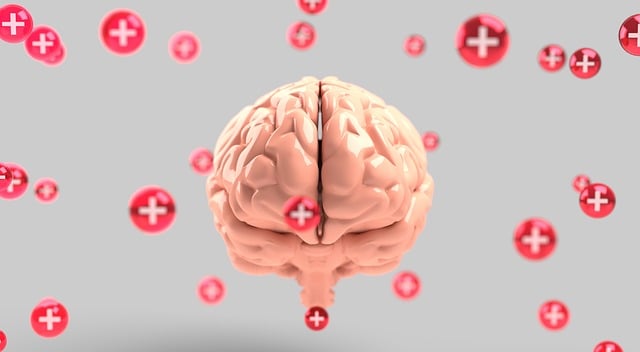Positive thinking exercises through cognitive restructuring techniques offer effective therapy for young adults facing interpersonal issues. Online resources and apps can enhance this process, but selecting reputable platforms with strong data security is vital to avoid technical glitches. This approach builds resilience, communication skills, and healthier relationships, addressing key components of overcoming interpersonal challenges in the digital age.
“Unleash your inner strength and transform your outlook with positive thinking exercises. This comprehensive guide explores powerful strategies tailored for young adults navigating interpersonal issues. Discover how these practices, often used in therapy, can enhance mental resilience and foster personal growth.
Learn to recognize and reframe negative thoughts, cultivate gratitude, and practice self-compassion—tools that will empower you to overcome challenges. By implementing these simple yet effective techniques, you’ll gain a new perspective, fostering healthier relationships and an improved overall well-being.”

Positive thinking exercises can be a powerful tool for young adults navigating interpersonal issues. In today’s digital era, where stress and anxiety among youth are on the rise, incorporating strategies to enhance mental well-being is more important than ever. These exercises serve as a form of therapy, empowering individuals to challenge negative thought patterns and foster healthier relationships. By encouraging self-reflection and mindfulness, young adults can develop resilience and improve their overall quality of life.
For instance, one simple yet effective practice involves identifying and reframing negative self-talk. When faced with interpersonal challenges, such as conflicts or feelings of isolation, individuals can learn to recognize automatic negative thoughts. Through techniques like cognitive restructuring, they can replace these thoughts with more positive and realistic ones. This therapeutic approach not only benefits mental health but also strengthens social connections by promoting empathy, understanding, and open communication.
API responded with status code 504.

In today’s digital age, where young adults often face a multitude of interpersonal issues and challenges, integrating positive thinking exercises into their therapeutic routines can be transformative. Online resources and applications, designed to promote mental well-being, play a significant role in this process. However, it’s important to navigate these tools judiciously. For instance, when an API (Application Programming Interface) responds with a 504 status code, indicating a gateway timeout, it underscores the need for users to be cautious and choose reputable platforms that prioritize data security and reliable service delivery.
These technical glitches can deter young adults from engaging in therapeutic practices, which are already navigating complex interpersonal issues. Thus, selecting reliable therapy for young adults with interpersonal problems is paramount. Effectively implemented positive thinking exercises, coupled with robust digital tools, can empower individuals to foster resilience, improve communication skills, and build healthier relationships—essential components in overcoming interpersonal challenges.
Implementing positive thinking exercises can be a powerful tool in therapy for young adults facing interpersonal issues. By focusing on reframing negative thoughts and cultivating gratitude, individuals can enhance their emotional well-being and improve their relationships. This simple yet effective approach deserves consideration as a complementary strategy to address interpersonal challenges, especially within the context of specialized services tailored for young adults.










